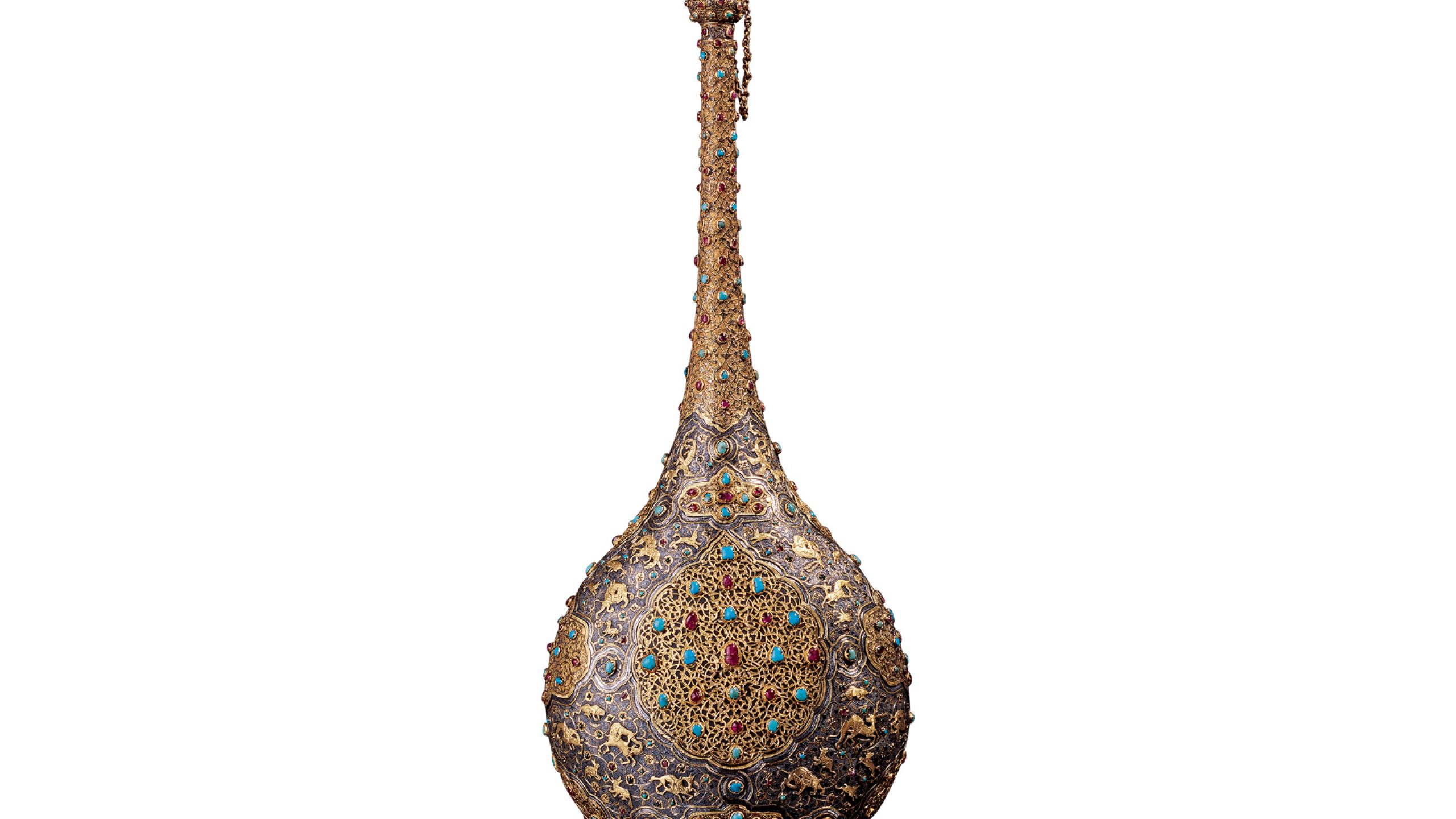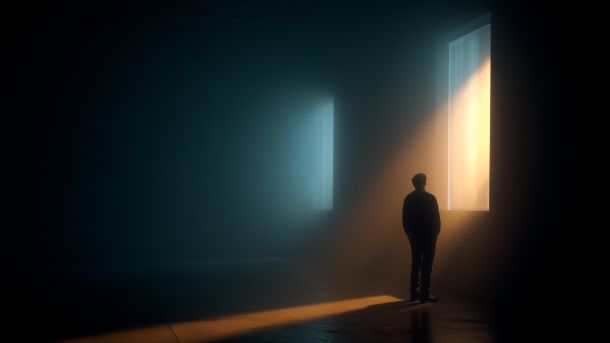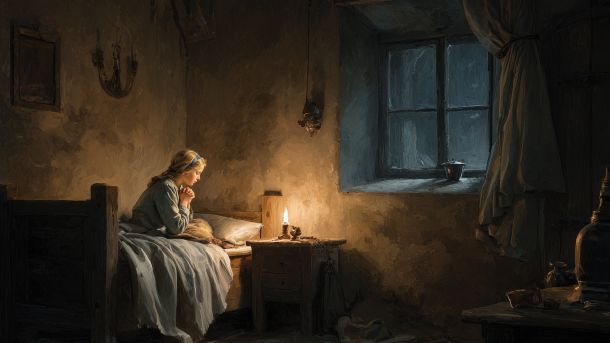Editorial: Remembering Nostra Aetate

For those not so fond of believing in God or following any faith tradition in modern times, religion is historically one of the major, if not the main, sources of conflict and violence among nations. Religious traditions – the accusation goes – claimed monopoly on the truth and salvation, and have mobilized rulers and fellow followers to impose their beliefs on others, thus igniting wars to subjugate those who did not tag along. Perhaps this argument is not entirely accurate in most instances, nor would it be fair to make a sweeping claim that lays all the blame on religion.. The blame that had to be laid on our greed and desire for more, has been placed on religion as a scapegoat to free our conscience from that burden of guilt. Nostra Aetate, the Second Vatican Council’s declaration on the Church’s relations with non-Christian faiths, was an important step to dispel such accusations by showing that religious traditions can actually serve as instruments for peace.
The declaration was made on October 28, 1965. Commemorating its 60th anniversary with many events throughout the year, the Catholic church and many interfaith partners from other traditions are taking this opportunity to reaffirm their commitment to continuing friendly dialogue in this day and age when “mankind is being drawn closer together, and the ties between different peoples are becoming stronger” as acknowledged in the Declaration. To contribute to this ongoing dialogue, there are two major contributions in this issue of The Fountain that explore Nostra Aetate and what it means today. The first contribution is by Mustafa Cenap Aydin, the Director of Istituto Tevere, a research center on intercultural and interreligious studies in Rome, Italy, who sees the Declaration as a vision still unfolding. After laying out the tragic background that paved the way for the Declaration, Aydin neatly explains the importance of the fact that the Church did not try to reconcile with Judaism only, but also with Islam. Of course, one important steppingstone in building up dialogue with the Catholic Church and Islam was when Fethullah Gülen, the late Islamic scholar, visited Pope John Paul II in 1998. Aydin also mentions the "Document on Human Fraternity for World Peace and Living Together," signed by Pope Francis and Ahmad al-Tayyeb, the Grand Imam of Al-Azhar, in 2019, as “an even more expansive vision of religious cooperation in addressing the manifold challenges confronting our global civilization.”
The second contribution is by Jordan Denari Duffner, a Catholic theologian, author, and professor who focuses on Catholic approaches to other religions, Muslim-Christian dialogue, Islamic studies, and Israel-Palestine. This is a shorter version of her piece originally published in Living City magazine, which generously gave permission for publication in The Fountain. Duffner calls on Catholics – and all who take this Declaration seriously – “to be on the lookout for all that is true and holy in other religions, to notice where God is at work in the spiritual lives and ethical traditions of our friends of other faiths.”









